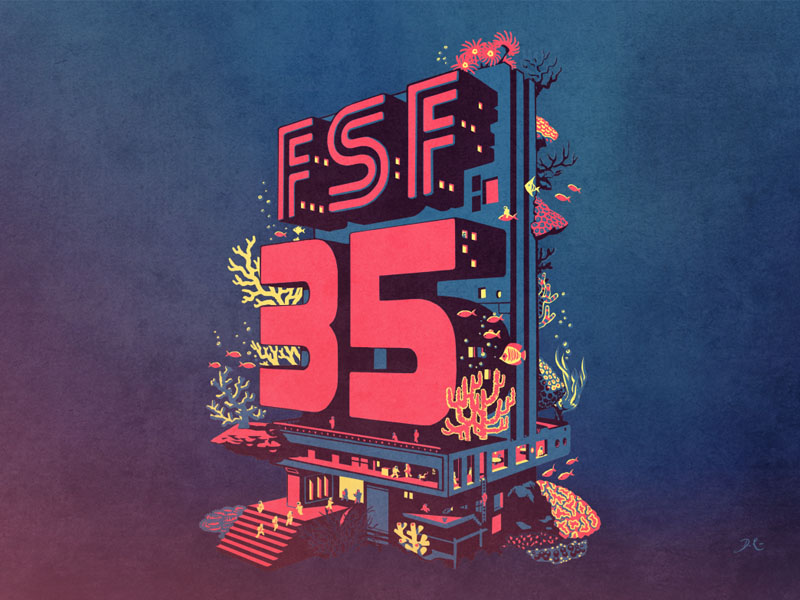For computers and workstations, the FSF recommends the following distros, which can be installed on the computer’s hard drive or run without installation:
-
Dragora: based on the concepts of simplicity, elegance and oriented to users looking for an ethical software to be used every day.
-
Dyne:bolic: ideal for those who edit audio and video. It does not receive security updates, so it is important to use it without an Internet connection.
-
gNewSense: based on Debian and sponsored by the FSF. After a few years without active development, they plan to release a new version in 2021.
-
Guix: a distribution based on the GNU Guix package manager. Includes thousands of packages with applications, system tools, documentation, sources…
-
Hyperbola: a derivative of Arch Linux, with the security and stability of Debian. Simplicity, lightness and long-term support are its most outstanding characteristics.
-
Parabola: also based on Arch, focuses on easy management of both the system and packages.
-
PureOS: privacy, security and ease of use are the cornerstones of this Debian-based distribution. It is one of the most modern and best valued distros.
-
Trisquel: known as the free Ubuntu and especially useful for educational centers, home users and small businesses.
-
Ututo S: the first GNU / Linux system recognized by the GNU project as 100% free.
In addition to these distros, the FSF also recommends other lightweight distributions and indicates how to obtain them in this page.
The celebration of the 35th anniversary of the FSF will culminate on Friday, October 9 with an online event that they have organized for the community. The program with all the interventions is available at their website.








0 Comments